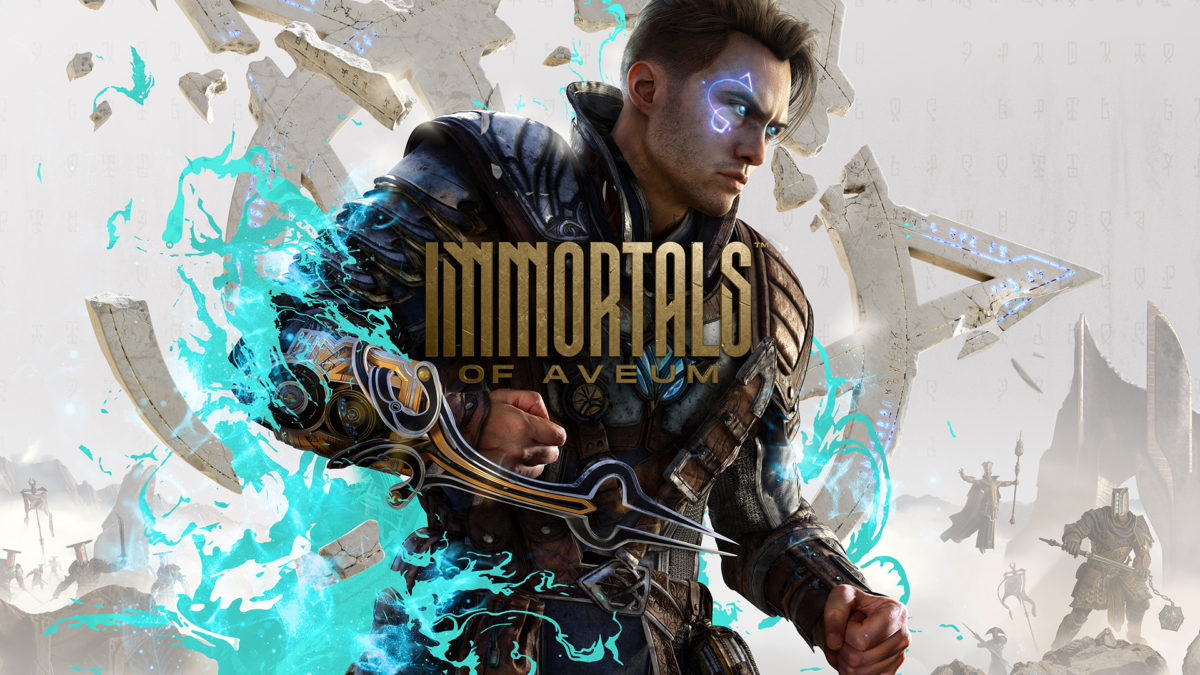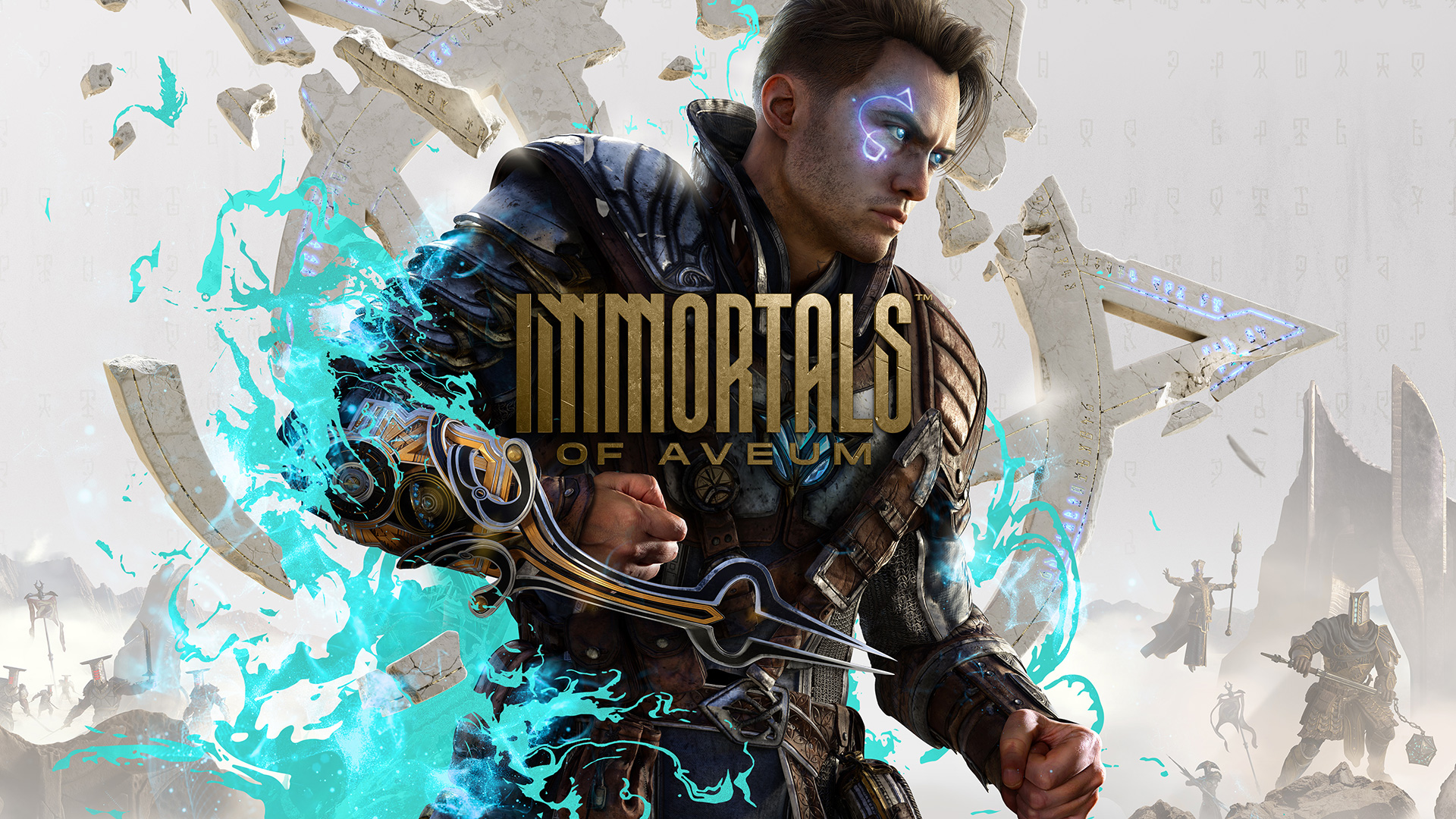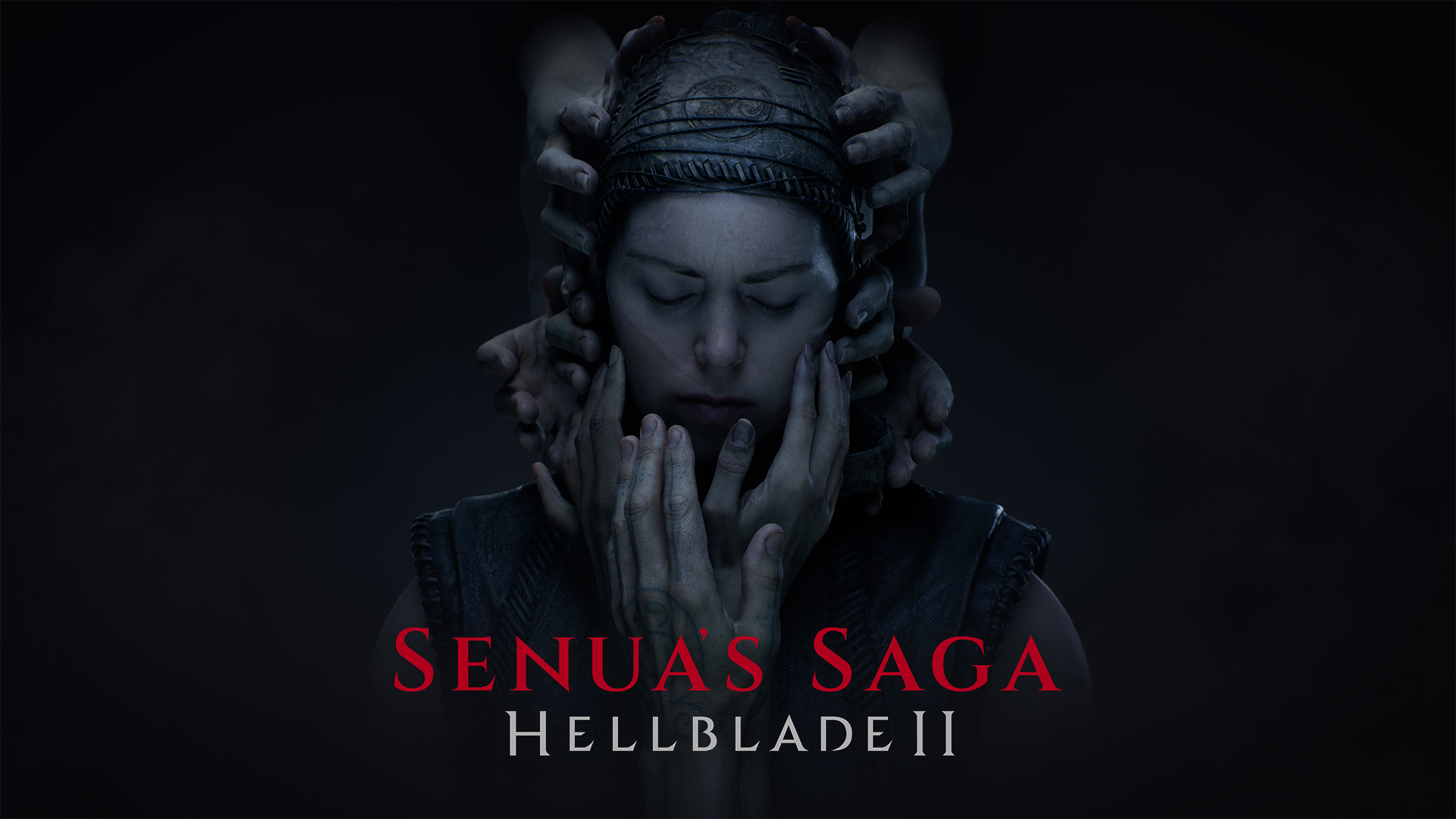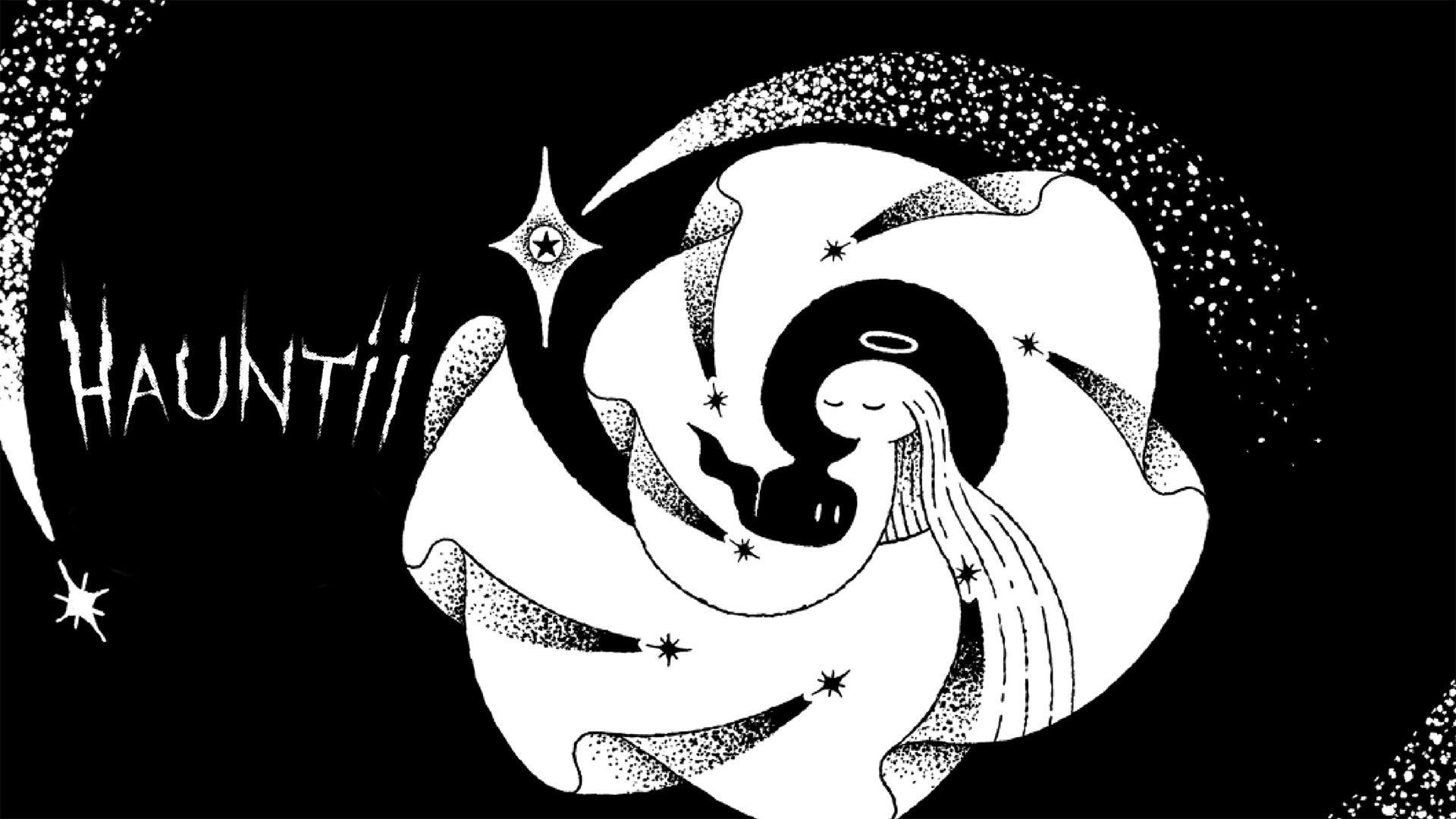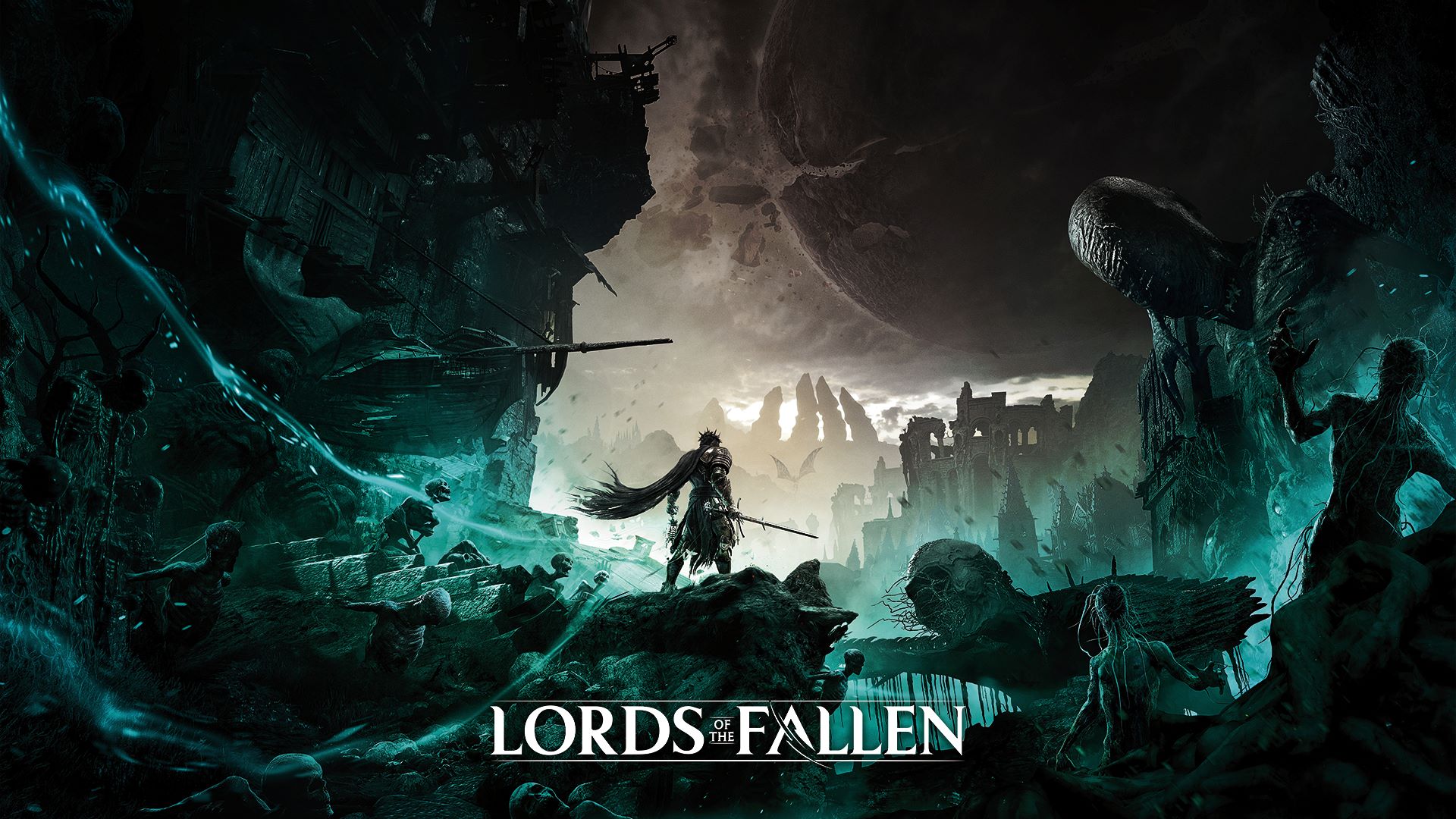Just over a year ago, Tango Gameworks and Xbox released Hi-Fi Rush, a musical delight that seemed to come out of nowhere. Hi-Fi Rush received almost universal acclaim – it was wholly unique, polished, and tightly paced. It was also like nothing developer Tango Gameworks had ever made before, and seemingly made explicitly for Xbox Game Pass. It followed closely in the footsteps of games like Psychonauts 2 and Pentiment, neither of which match the profile of the big, blockbuster AAAs that move millions upon millions of copies, and yet they were beloved anyway. Taken as a whole, they lent credibility and prestige to Xbox Game Pass as an accessible library of well-supported, beautifully crafted art.
Now, just over a year later, Xbox has decreed the award-winning studio behind Hi-Fi Rush no longer necessary to its business. Its work does not consist of “high-impact titles” that Xbox is prioritizing. It is not among “the opportunities best-positioned for success,” as Xbox Game Studios head Matt Booty put it. Tango, along with Arkane Austin, Alpha Dog Studios, and hundreds of workers are being cast aside.
We’ve written about the devastating impact such mass layoffs continue to have on individuals within the games industry. We’ve also discussed some of the internal strife over Xbox’s identity. Now, brand new questions have emerged following Xbox’s latest shutdowns, few of them more pressing than what the future holds for Xbox Game Pass after the demise of one of its star developers.
Xbox Growth Pass
Xbox Game Pass has always been intrinsically tied to Xbox CEO Phil Spencer. Upon taking over Xbox from his predecessor Don Mattrick, one of Spencer’s earliest moves was to bring the brand back to a pure gaming focus after an unpopular pivot to entertainment. But he didn’t stop there. After a 2014 acquisition of Minecraft developer Mojang saw wild success, Spencer saw a pathway to linking his gaming growth ambitions with that of Microsoft CEO Satya Nadella’s broader plans for cloud technology.
In 2017, the public saw those plans begin to unfold with the debut of Xbox Game Pass. At the time of its announcement, Game Pass was a huge deal: a monthly subscription service a la PS Now, but with direct game downloads rather than streaming and over 100 games at launch, including first-party games.
A gaming subscription service was always a risky business move.
But exciting as that was for consumers, a gaming subscription service was always a risky business move. Similar services have come and gone over years, with even the best (Nvidia GeForce Now) falling short of massive popular success and some (Google Stadia) becoming cautionary tales. Netflix served as a proof of concept for such a service, but reports suggest that a number of Microsoft leaders told Spencer the service was a bad idea when he pitched it. At the time, Spencer was floating Rare’s upcoming Sea of Thieves as the ideal Game Pass game. But Rare boss Craig Duncan asked Spencer, “If every single person plays Sea Of Thieves on Game Pass, and we don’t sell a single copy. Are you kind of cool with that?” Spencer was.
When Game Pass debuted in 2017, it was more than a launch of a subscription service – it was the launch of an entire, multi-year strategy. Xbox started firing on all cylinders. It bought Ninja Theory, Undead Labs, inXile, Obsidian Entertainment, and Double Fine Productions. It spun up The Initiative and World’s Edge. It made the biggest-ever acquisition in gaming history when it bought Zenimax, bringing with it Bethesda, id Software, Arkane, Tango Gameworks, Machine Games, and Zenimax Online. Then Xbox broke that record again by purchasing Activision Blizzard.
In the process, Game Pass expanded. In 2018, Xbox began releasing first-party games on day one on the service. It added PC Game Pass in 2019 and implemented cloud gaming on mobile in 2020. Rumors swirled of Xbox trying to get Game Pass on Nintendo Switch, among other platforms, and of future Smart TV integration as well.
Through it all, Spencer made it clear that Game Pass was the centerpiece of Xbox’s strategy. It tied all the pieces together: console, mobile, PC, the acquired studios, outreach into new markets, cloud gaming, and Spencer’s dream of reaching 2 billion gamers wherever they happened to play. So what the heck is happening now?
The Horizon Three Bet
For all the praise Game Pass receives from consumers, it’s become apparent in recent years that the service has struggled to meet its creators’ lofty expectations. On one hand, it’s been consistently praised as a great deal for consumers, and plenty of developers have praised it as well. The service has been a boon for indies, too, who have used its guaranteed funding to get their games over the finish line. At its best, Game Pass is great for Xbox’s internal creatives, many of whom have spoken glowingly about Xbox and Game Pass serving as a home for the kind of creatively interesting yet less marketable games that other parent companies or investors wouldn’t otherwise back.
But glowing reviews from some partners and consumers don’t necessarily mean the idea makes business sense for everyone. Larger third-party developers, for instance, have complained that Game Pass cannibalizes retail sales — concerns that Microsoft admitted last year were founded. Major third-party publishers including Activision Blizzard CEO Bobby Kotick and Take-Two CEO Strauss Zelnick have publicly stated they think the business model is a bad idea and aren’t interested in participating (though an acquisition solved the former disagreement). For Xbox, every single Game Pass game is a gamble that only pays off if enough people subscribe as a result.
“Microsoft initially wrote a bunch of big checks, which inflated the valuation of smaller and medium-sized game makers,” Joost van Dreunen, NYU Stern professor and independent analyst told me. “But unlike a premium model, in which a studio gets a piece for every unit sold, selling your game to a subscription service means you only get paid once. The upsell to developers has been that their participation would provide greater visibility and the opportunity to sell digital items on the back-end. However, as Netflix and Spotify will tell you, it is the blockbuster hits that carry the subscription and account for the bulk of playtime. The dystopian point of view here is that content creators are reduced to a cost-plus line item in a subscription-model that only values them for the increase in subscriber count they provide.”
For a while, this was a problem Xbox could afford to ignore. Microsoft’s pockets were deep, it clearly didn’t mind pouring money into the ambitious “Horizon 3” bet that was Game Pass, and Xbox’s expenditures were just a blip on Microsoft’s balance sheet anyway. But with the $69 billion acquisition of Activision-Blizzard – not to mention all the legal and government hullabaloo that came with it – we’ve started to see signs that Microsoft’s critical eye is now focused on its gaming division.
This new scrutiny comes at an awkward time for Xbox. Game Pass, the prize strategy that was supposed to tie everything together, is almost certainly not meeting internal expectations. Earlier this year, we got a rare numbers update: 34 million paid subscribers, up from 25 million in 2022. But that number alone doesn’t tell the entire story. The previous subscription total was just for Xbox Game Pass, but the update comes after Game Pass was merged with Xbox Live Gold to form Xbox Game Pass Core. So yes, Game Pass membership shot up, but that boost required Xbox to mandate the service in order to play games online at all. It’s unlikely the service is seeing nine million user boosts on the regular, especially with Spencer admitting that growth is slowing down.
Game Pass was pitched as a game changer…but mounting evidence says it is far from completing its mission.
What’s more, Game Pass was pitched as a game changer – a way for Microsoft to lead gaming in a new direction. But mounting evidence says it is far from completing its mission. Circana senior analyst Mat Piscatella notes in his assessment (which is focused on the United States), “subscription is not showing signs that it is becoming ‘the future of gaming.’” Premium games and free-to-play are still the dominant method of gaming, and subscription spending in the US has shown “flat to low single-digit growth since mid-2021.” Cloud gaming, pitched as the logical next frontier for such a service, has similarly failed to achieve widespread adoption.
George Jijiashvili, senior analyst at Omdia sees the struggles of Game Pass as symptoms of larger problems at Xbox, among them declining hardware sales during what should have been a growth phase for the console. While Xbox Series X and S hardware sales dropped 19% year-over-year in 2023 by Omdia’s estimate, PlayStation sales grew by 56%, and the seven-year-old Switch outsold Xbox by a factor of two. Meanwhile, Game Pass itself is set to fall short of reaching even half of its goal of 100 million Game Pass subscribers by 2023. For these reasons, Jijiashvili suspects “a drastic change in strategy” is required for Xbox to course correct, one which he suspects must include a focus on PC and mobile, especially cloud gaming.
This crossroads for Xbox comes at a difficult time for the games industry as a whole, too. As Piscatella explains to me, one of the biggest challenges for any video game company now is the impact of games like Fortnite, Minecraft, Roblox, Grand Theft Auto, Call of Duty, and similar games that pull the vast majority of player time and spend all on their own. The pandemic saw video games shift “from a growth market to a mature market,” he says, with both engagement and spending effectively hitting caps. If companies want to see growth, they have to pull players away from those games – a tall order indeed.
“If we know the ceilings, and we know more about where, why and how people are playing (and really the ways they want to play, since we have all that data from 2020-21 when there were very few competitive activities to gaming), then it’s tougher to make big bets on huge shifts in that behavior. I’m speculating a bit here,” Piscatella says.”But when I look at what’s happening, I see a strategic shift not so much because one strategy failed, but because of a realization that chasing one particular strategy may not be optimal or deliver the desired results.”
A brand at the X-roads
Today, Xbox finds itself at an impasse. It has to start returning Microsoft’s investment, and soon. It can’t back out of its lofty promises for first-party games on Game Pass without risking consumer fury, especially amid hardware declines. That means relying on something other than Game Pass to rake in the cash. Sarah Bond mentioned an upcoming mobile storefront that would capitalize on the power of recently acquired Candy Crush. Analysts I spoke to have been predicting this would happen in 2024 for months now, but it’s still unclear whether or not such a marketplace will need Game Pass attached to succeed or, if so, what that even looks like.
Mobile is powerful, but it’s not enough to transform Xbox’s business strategy, especially given its extreme lateness to the market. On top of the mobile storefront, Xbox’s new strategy will almost certainly include the reassessment of platform exclusivity for even more games — something Jijiashvili says is long overdue. Jijiashvili also expects Xbox to work on expanding its PC market via PC Game Pass, especially now that Activision Blizzard’s portfolio is in play. Van Dreunen suggests Xbox might add new tiers to Game Pass – perhaps one tailored for mobile, or an ad-based version.
The idea of shutting down such storied, acclaimed studios would have seemed absurd until recently.
But none of that necessitates a robust portfolio of creative, unique, smaller games – like Hi-Fi Rush – that previously seemed tailor-made for Spencer’s vision of Game Pass. Even if Xbox Game Studios head Matt Booty insists otherwise. Xbox has promised, for now, that Hi-Fi Rush and Redfall will remain available, but for how long? Already, Redfall’s promised updates and planned DLC have been binned, and in an age of digital ownership there are no guarantees that either game will remain available forever.
Even more importantly though: what happens to the studios that were making them? There’s been plenty of nervous speculation online already about the possibility of Xbox shutting down studios like Ninja Theory or Obsidian once their upcoming projects – Hellblade 2 and Avowed – are out the door. The idea of shutting down such storied, acclaimed studios would have seemed absurd until recently, but the games industry and Xbox in particular have reached a point where nothing seems off the table if an executive believes cuts will help a bottom line somewhere.
It’s not the only possibility, though. A more likely, if not exactly happy, possibility is that Xbox starts taking on a more hands-on role with its owned studios, similar to its competitors. Previously, Xbox has been praised for a hands-off approach that allowed studios like Obsidian to make games like Pentiment, though the flipside is that studios like The Initiative have apparently floundered without strong creative direction. Xbox could start directing its studios to make games and IPs that it expects will be more than just critical darlings to sell Game Pass.
For years, Xbox bet that if it had enough incredible games in one place, it could fundamentally change the calculus of how players chose to play. It lost that bet, but it did create an excellent service in the process. Now Xbox appears to be doubling down on that bet, but not in the way we might like it to. It appears to be prepared to give up the incredible, risky, boutique projects that made Game Pass so wonderful in exchange for Call of Duty, Candy Crush, and a PC/mobile-first strategy. Great games, it seems, are no longer enough.
When I asked Simon Carless of GameDiscover.co newsletter about Game Pass’s impact on Xbox’s first-party games, he acknowledged it was a tricky question. It’s difficult, he says, to work out what “success metric” Xbox is using for “expensive to make” boutique titles – it might be player counts, user ratings, retention, in-game purchase spend, new Game Pass users, or something else entirely. But he does note that as Game Pass growth stalled, the latter two metrics are increasingly becoming Xbox’s focus.
“We can definitely argue about whether closing critically acclaimed studios like Tango Gameworks is the best way to deal with [Game Pass growth stalling out],” he says. “But I presume that, via Microsoft’s new success lens — ‘did lots of people get retained in this game, and perhaps might pay for extra things in it?’, or ‘did new people signed up for Game Pass because of this game?’, some beloved, high quality games don’t fit the bill. For example, Hi-Fi Rush going to PlayStation is a high-profile move. But we’re estimating it’s sold way less than 100,000 units on that console so far. In a multi-billion dollar corporation like Microsoft, that’s a rounding error.”
Van Dreunen, for his part, says Xbox is ultimately going to be fine. It has Microsoft, and thus time and money on its side, even if its parent company seems to be cracking down on the big spending. Microsoft won’t abandon gaming, and the big bets will likely continue, even if the shape of them seems likely to look less and less like Spencer’s Game Pass vision from a decade ago. “[Xbox] recently celebrated the 20-year anniversary of its Xbox console, which it introduced at great cost and amidst massive skepticism from analysts, gamers, and investors. Today, Microsoft is the third-largest game company in the world, generating $25 billion annually. As a trillion-dollar company it has the resources to outlast other companies for decades. I’d expect Xbox to use that to its advantage.”
And yet, the shuttering of Tango and Arkane was a massive shock to an industry already reeling from two straight years of relentless job and project cuts. The carnage across video games seems poised to continue for at least a few more financial quarters, and any rebuilding of the lost talent is likely to take far longer. Xbox is apt to sail the waves of the industry for years to come, whether or not Game Pass turns out to be the wind at its back or an anchor dragging it down. But Tango Gameworks and Arkane Austin are gone, and there may not be many studios like them for the foreseeable future.
Rebekah Valentine is a senior reporter for IGN. Got a story tip? Send it to rvalentine@ign.com.

